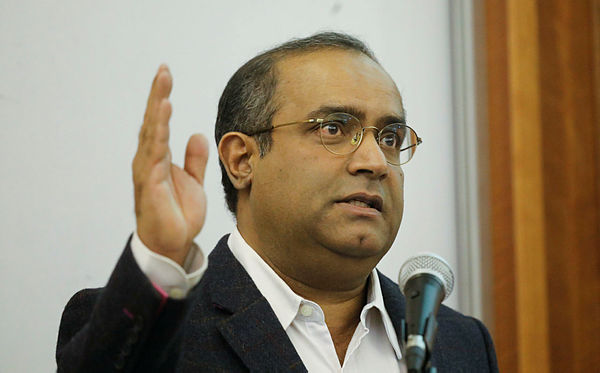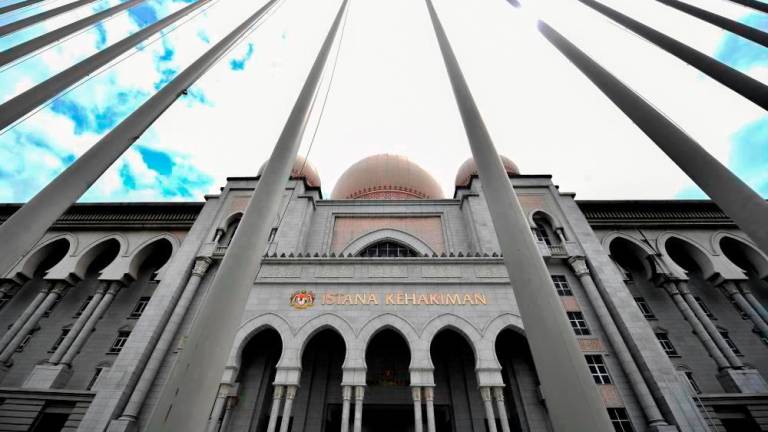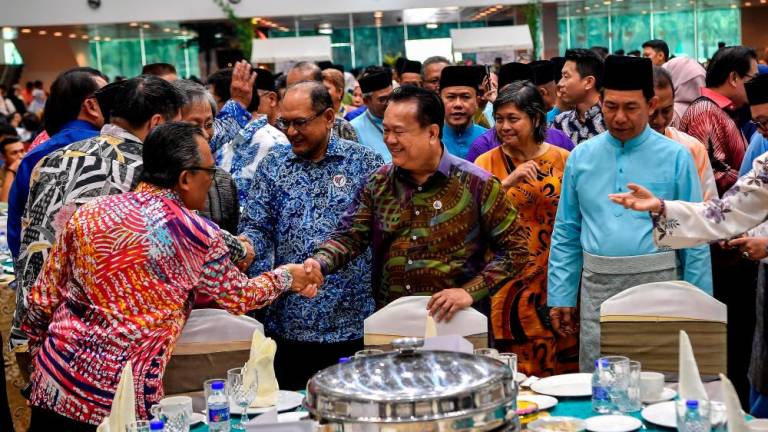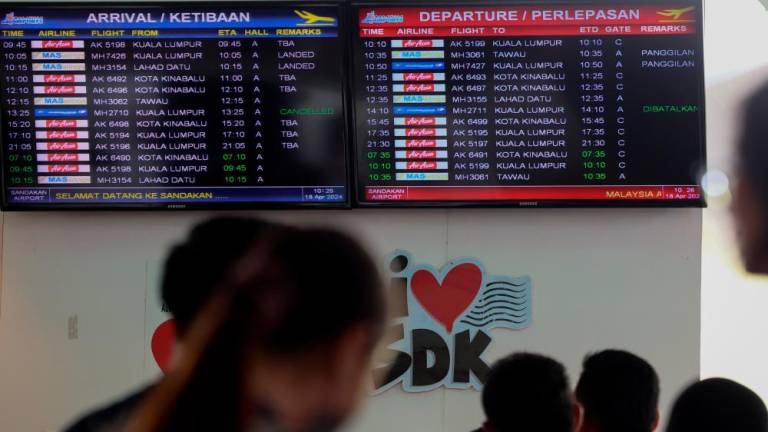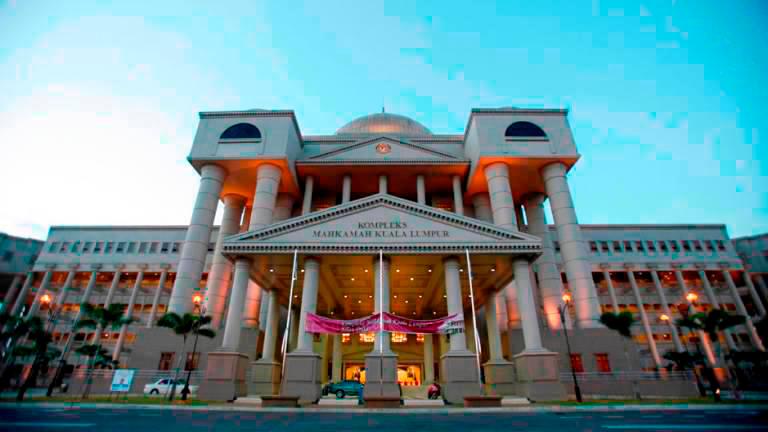KUALA LUMPUR: There has been concentration of corporate and economic power in Prime Minister Tun Dr Mahathir Mohamad and his party, Parti Pribumi Bersatu Malaysia (Bersatu) since Pakatan Harapan (PH) took over Putrajaya, according to a prominent economist.
This came about through the reconfiguration of control of government-linked companies (GLCs).
The “GLC Monitor: The State of Play since GE14”, the first in a series of GLC Monitor policy briefs launched by the Institute for Democracy and Economic Affairs (Ideas) today, revealed that changes have been made to the ministerial reporting lines for GLCs in five key ministries, thus resulting in the concentration of important economic institutions under Bersatu ministers as well as those widely perceived to be aligned to the Prime Minister.
The Prime Minister’s Department (PMD), Ministry of Rural Development (MRD) and Ministry of Entrepreneur Development (MRD) are led by Bersatu members. The Ministry of Economic Affairs (MEA) is led by PKR’s Datuk Seri Azmin Ali, reputedly a close Mahathir ally.
Although DAP’s Lim Guan Eng was appointed Finance Minister, effective control of key government enterprises, including sovereign wealth fund Khazanah Nasional Bhd and leading bumiputra-based investment fund Permodalan Nasional Bhd (PNB), were transferred to PMD.
“These two government-linked investment companies have enormous investments in Malaysia’s leading publicly-listed companies, thus giving the Prime Minister significant influence over these enterprises,” Ideas senior fellow Prof Dr Edmund Terence Gomez (pix) said.
Describing Mahathir as still a “de-facto Finance Minister”, Gomez said there was supposed to be a clear demarcation between the Prime Minister and the Finance Minister.
He pointed out that despite the PH manisfesto stating that the GLC board of directors should not comprise politicians, Mahathir even appointed himself Khazanah chairman and is leading PNB (as Yayasan Pelaburan Bumiputra chairman), exercising dual control over these enterprises.
“PMD controls big businesses, MEA controls bumiputra GLCs, MRD controls statutory bodies and MED controls the SMEs. The entire corporate sector is under the control of Bersatu leaders. We’ve to put a stop on this. The implications on the economy are too great,” said Gomez.
The Ministry of Finance (MOF), in terms of its equity control over the corporate sector, is now more akin to a regulator where public spending made across all ministries is monitored and assessed based on the annual budget allocation. MOF also remains saddled with some rather poor-performing GLCs, held through holding company Minister of Finance Inc.
The brief said this reconfiguration of control of GLCs probably serves as a mechanism to help Mahathir achieve his now long-standing goal of creating a huge pool of bumiputra entrepreneurs.
The reconfiguration also suggests a revised form of structural power that could allow PH to use GLCs to serve its political interests in three ways: to channel government-generated concessions to key constituencies to garner electoral support; to channel government assets into private (well-connected) hands leading to concentration of corporate wealth; and to allow for the appointment of politicians to the boards of GLCs to sustain the support of party members.
“There has been no change in the (GLC) system, in fact it’s a reinforcement of the system. We’re seeing a revamp of the old institutional architecture where power was concentrated is being reinstituted and employed in a different way,” said Gomez.



